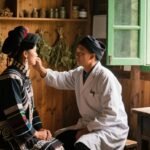Author: timtcm
Miao medicine-Jiangbinwo (Chronic Fatigue Syndrome)
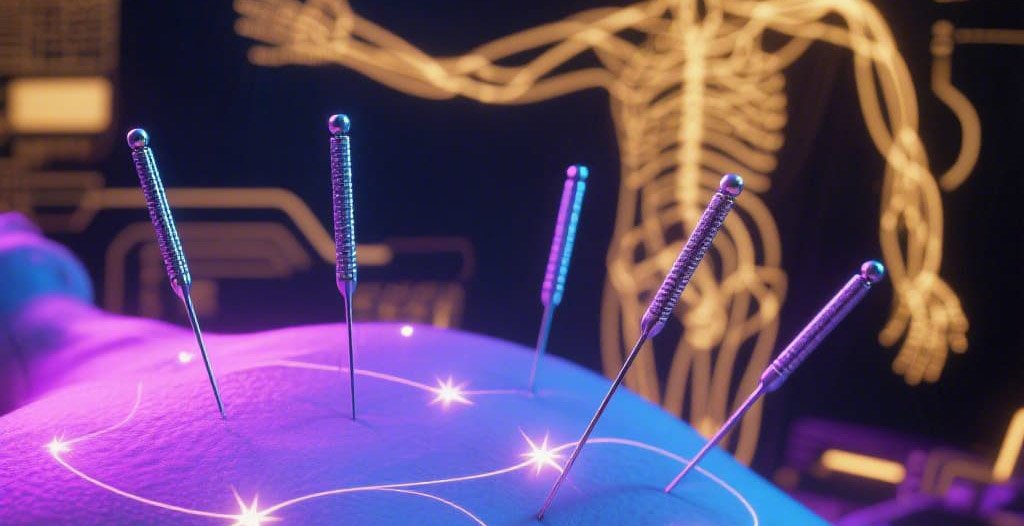
Jiangbinwo (Chronic Fatigue Syndrome) Overview In Miao medicine, chronic fatigue syndrome is called Jiangbinwo, categorized under “deficiency consumptive disorders.” It arises from unknown causes, overexertion, or poor living conditions, leading to prolonged weakness. In TCM, consumptive deficiency (xu lao) refers to chronic disorders marked by deficiency of two or more zangfu organs and impairment of…
Miao medicine-Mengchong Dang (Low Back Pain)
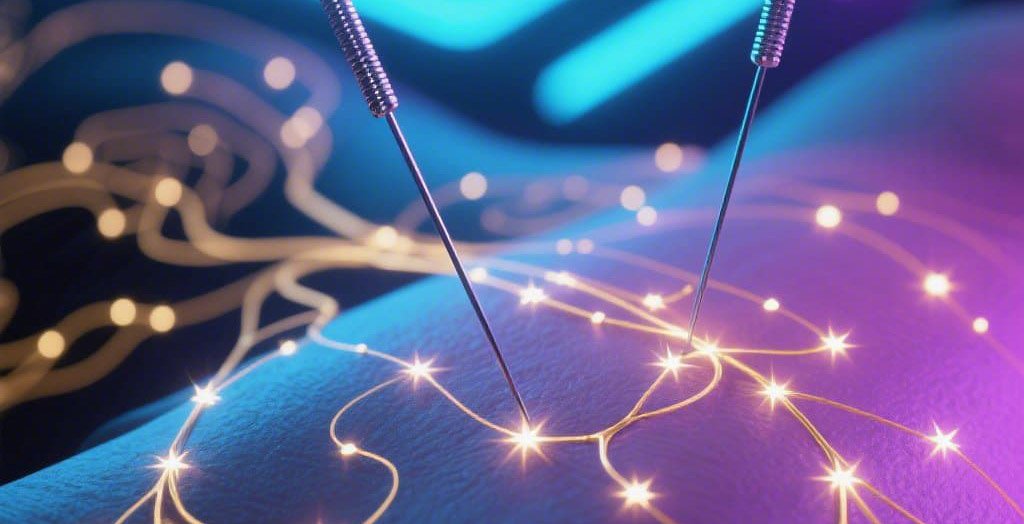
Mengchong Dang (Low Back Pain) Overview In Miao medicine, low back pain is called Mengchong Dang, denoting pain on one or both sides of the lumbar region. In TCM, lumbar pain (“yaoji pain”) arises when external pathogens, internal injury, or trauma disrupt qi–blood circulation in the lower back, leading to pain along the spine or…
Miao medicine-Pulopu Bi (Edema)
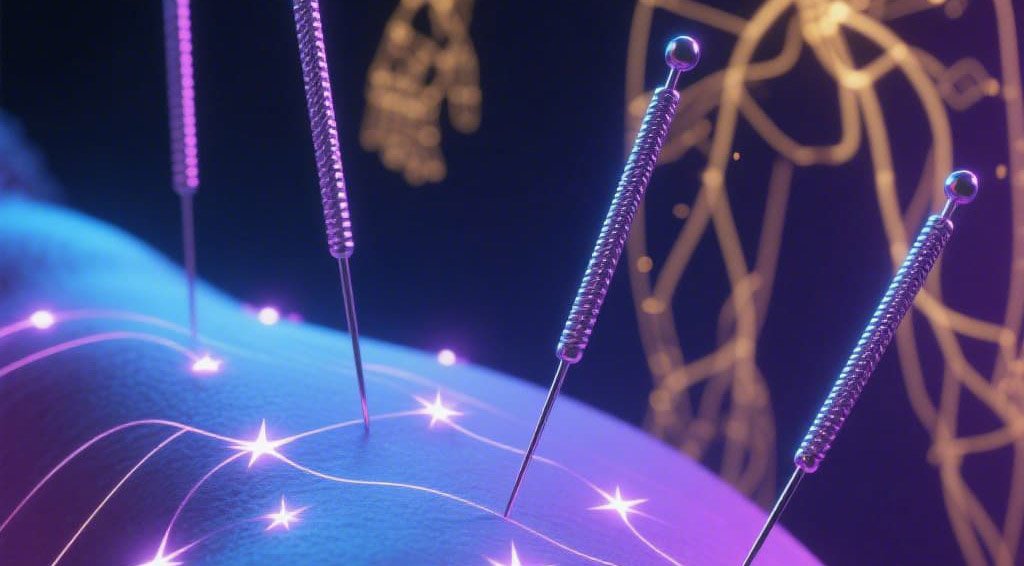
Pulopu Bi (Edema) Overview In Miao medicine, edema is called Pulopu Bi or Pulao. It arises when constitutional weakness or invasion by external pathogens causes water retention in the body. In TCM, edema results from invasion of external pathogens, dietary imbalance, or overwork that disrupts lung’s dissemination and downward function, spleen’s transportation, kidney’s regulation, and…
Miao medicine-Mengchong Dang (Flank Pain)
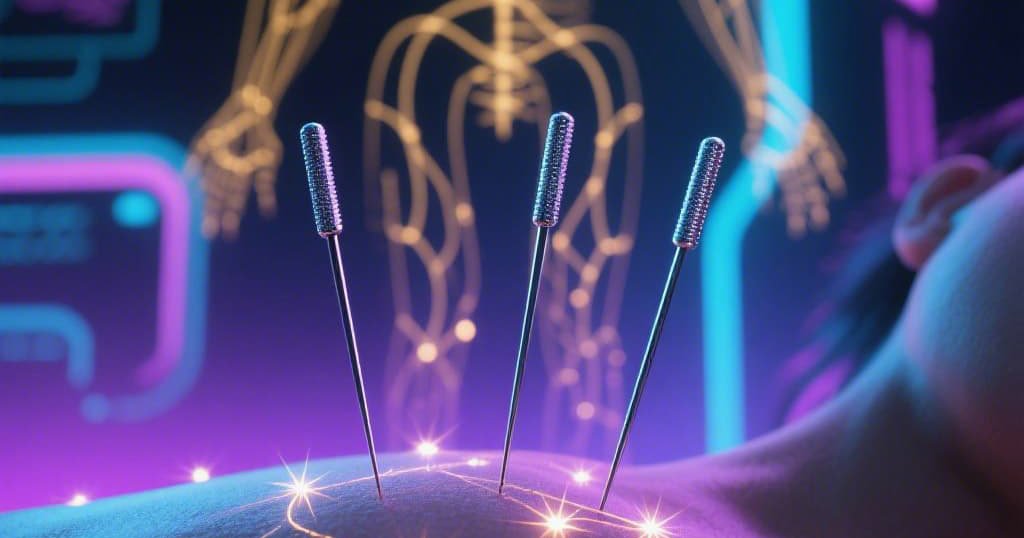
Mengchong Dang (Flank Pain) Overview In Miao medicine, flank pain is called Mengchong Dang. It arises when constitutional weakness or emotional irritability injures the meridians, or when dietary indiscretion harms the digestive system, leading to internal damp-heat, or when external trauma causes qi stagnation and blood stasis. The result is pain in one or both…
Miao medicine-Woniang Jidongbai (Uterine Tumors and Cancer)
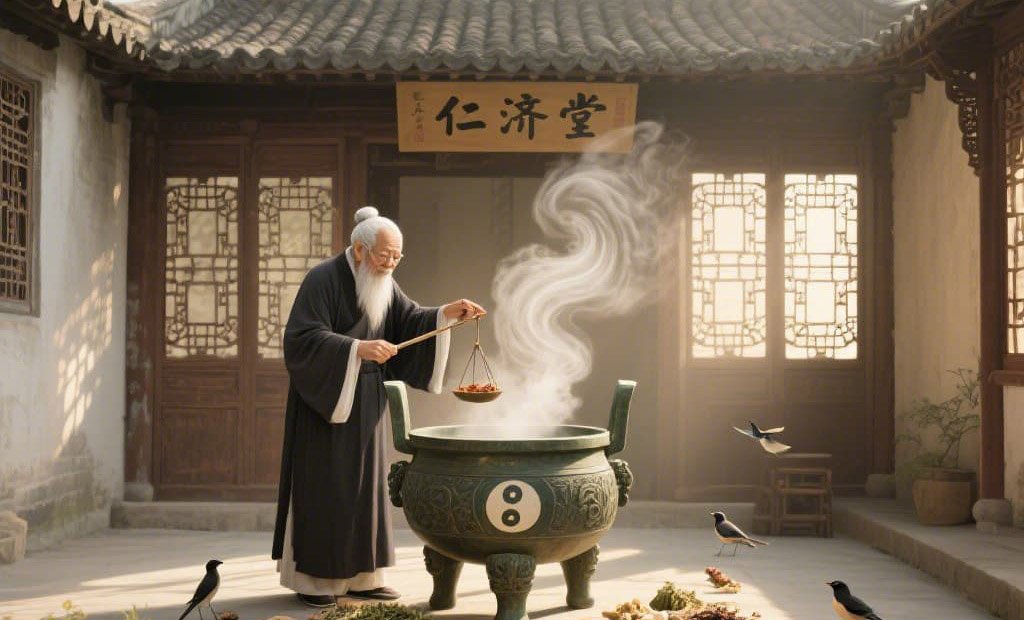
Woniang Jidongbai (Uterine Tumors and Cancer) Overview In Miao medicine, any uterine malignancy is called Woniang Jidongbai. A gelatinous, frog-egg–like mass in the uterus is termed Daiqiuzhengesou (“toad embryo”), also known as Jiyangyin, arising from old physical trauma. In TCM, uterine cancer or tumors are called “uterine accumulations” (zi gong ji) or “masses” (hen). They…
Miao medicine-Qiuna Gabo (Uterine Fibroids)
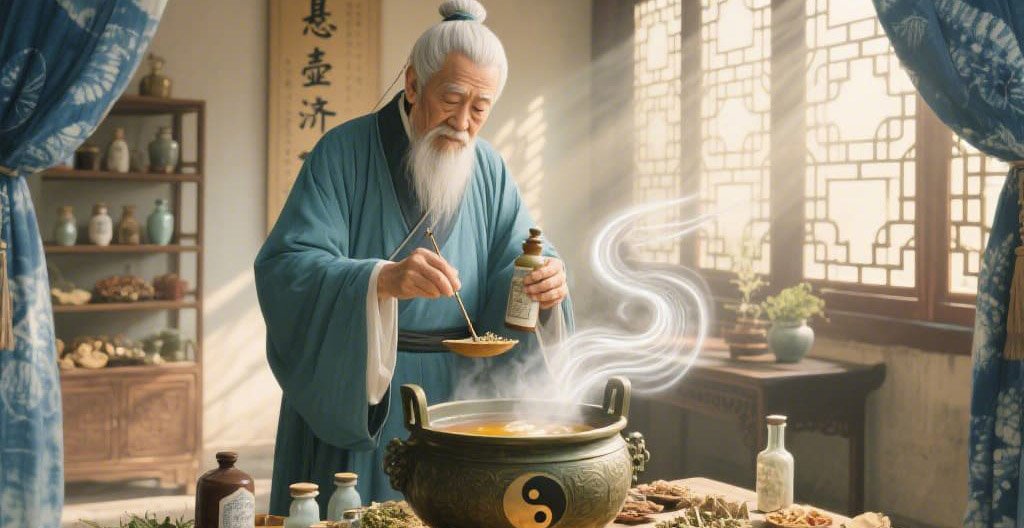
Qiuna Gabo (Uterine Fibroids) Overview In Miao medicine, uterine fibroids are called Qiuna Gabo. This condition arises when a woman’s constitution is weak and she is exposed to external pathogens, or when emotional distress leads to qi deficiency or stagnation. Blood circulation slows, pathological masses form over time, and accumulate in the uterus as palpable…
Miao medicine-Yangdai Taxiangfa (Postpartum Blood Deficiency)
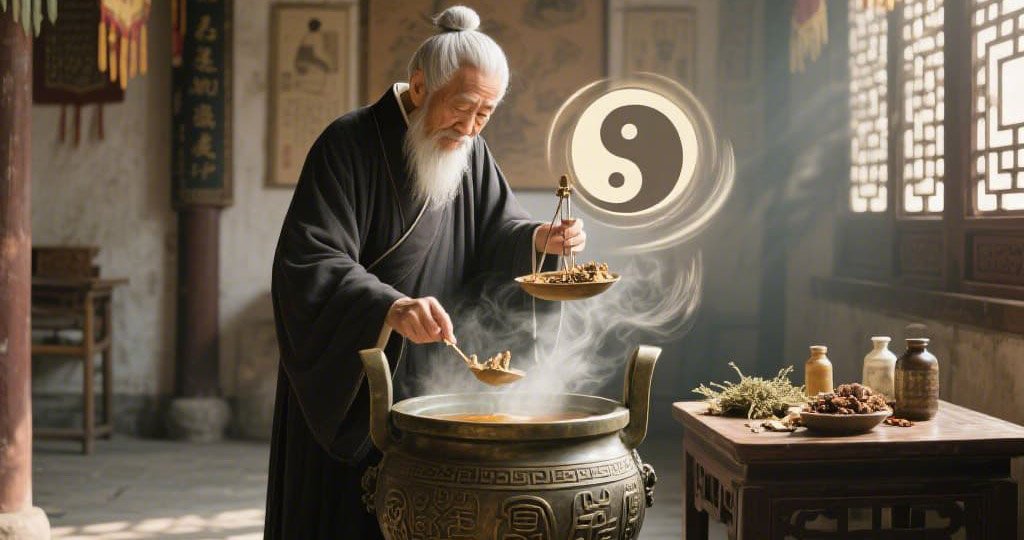
Yangdai Taxiangfa (Postpartum Blood Deficiency) Overview In Miao medicine, postpartum blood deficiency is called Yangdai Taxiangfa (also Yangdai Jiangbinwo). It describes the depletion syndrome arising from excessive blood loss during delivery or postpartum. In TCM, postpartum blood deficiency occurs when heavy bleeding at birth or a weak postnatal spleen and stomach fail to generate sufficient…
Miao medicine-Qiuna Mengqu (Postpartum Abdominal Pain)

Qiuna Mengqu (Postpartum Abdominal Pain) Overview In Miao medicine, postpartum abdominal pain is called Qiuna Mengqu. It occurs when postpartum qi–blood deficiency or poor hygiene leads to intermittent lower abdominal pain. In TCM, postpartum abdominal pain arises from qi–blood deficiency, blood stasis, or cold congealing in the uterine region, causing poor nourishment of the womb…
Miao medicine-Yangdai Jiangkai Ji (Postpartum Fever)
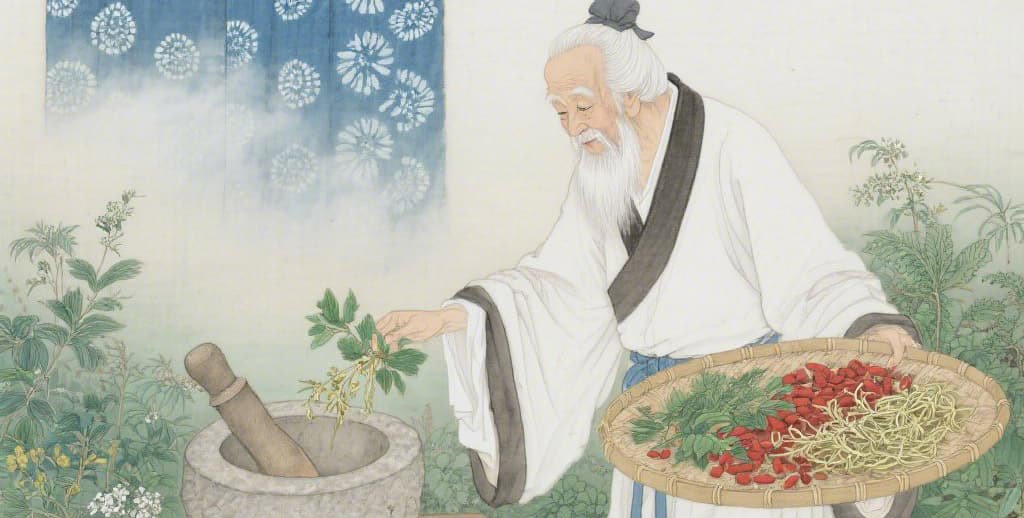
Yangdai Jiangkai Ji (Postpartum Fever) Overview In Miao medicine, postpartum fever is called Yangdai Jiangkai Ji. It refers to fever after childbirth caused by inadvertent invasion of wind–cold pathogens or other factors. In Traditional Chinese Medicine, postpartum fever arises during lactation when a mother’s qi and blood are deficient, defensive and nutritive energies are unbalanced,…

